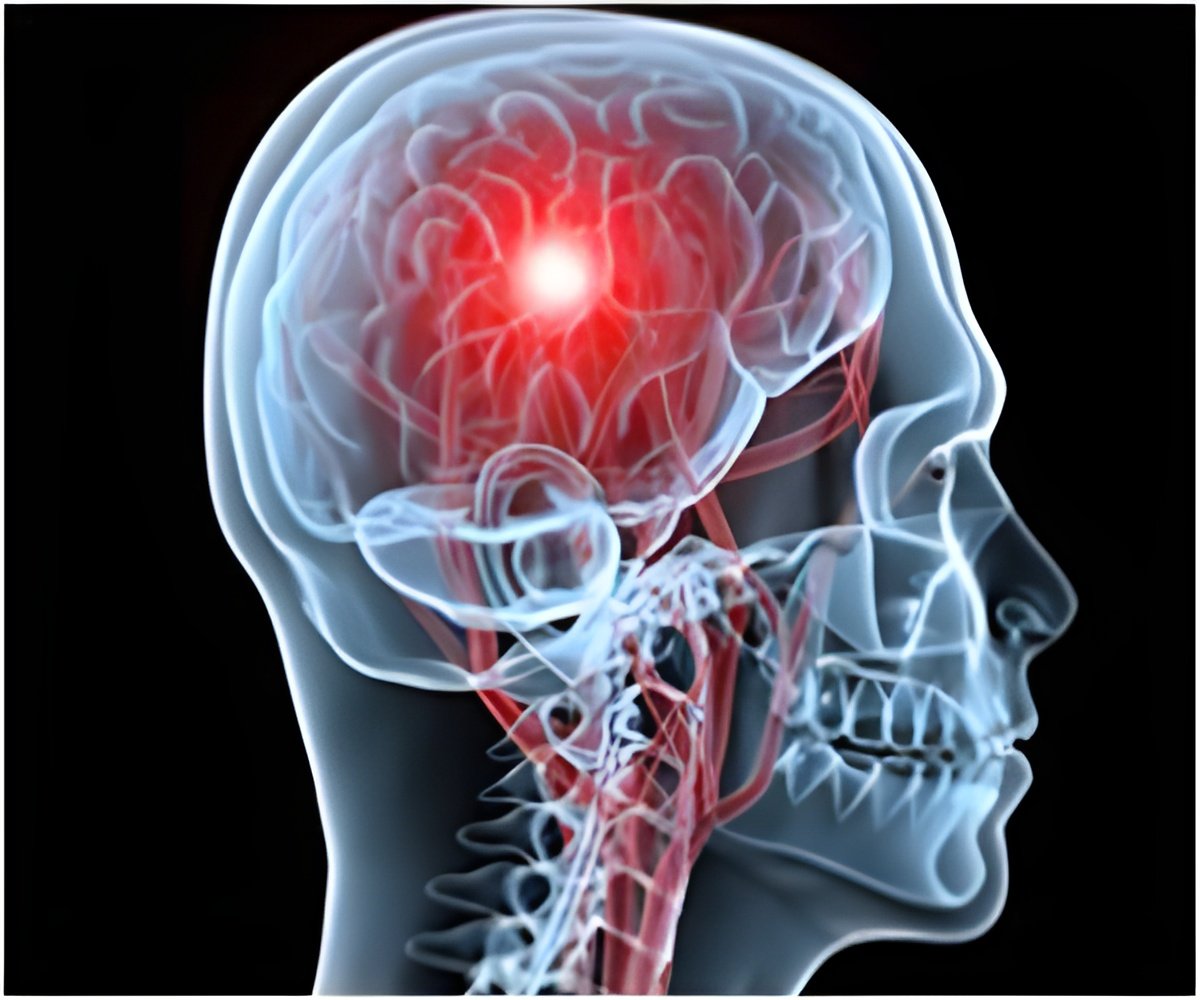The lasting sense of anxiety and even pain after an accident or an injury is common among most of us.

"Many pain researchers and clinicians consider long-lasting sensitization and associated pain to be maladaptive, rarely considering whether it might be evolutionarily adaptive," says Edgar Walters of the University of Texas Medical School at Houston. "Intense pain is certainly maladaptive in many human contexts when modern medical care is available. However, this study provides the first direct evidence for the plausible evolutionary hypothesis that sensitization mechanisms—which in some animals are known to promote pain—have been shaped by strong evolutionary selection pressures, including pressures from predators."
Walters and first author of the study Robyn Crook had an interest in the evolution of mechanisms associated with lasting pain. They realized they had a rare opportunity to study related behaviors through the interaction of squid with their natural black sea bass predators.
"Squid perform a stepwise and quite stereotyped sequence of defensive behaviors when they feel threatened, often starting when the predator is still quite distant," Crook explains. "Because we can grade their responses from low to high levels of perceived danger, it gives us a way to measure how injured and normal squid assess danger differently as a predator approaches them and initiates an attack."
In their observations of squid and black sea bass swimming freely in laboratory tanks, the researchers found that squid could get around perfectly well after injury to one of their arms. But they were still at a considerable disadvantage under those circumstances, as the bass continued to pursue injured squid over their uninjured fellows, and from greater distances, too. Once the injured squid became the subject of pursuit, they acted more defensively as well.
What the researchers found most intriguing was the survival value of heightened vigilance to injured squid. They found that squid treated briefly with anesthetic (which prevented their nervous systems from registering their injuries) failed to respond with enhanced defensive behaviors that otherwise would have helped keep them alive.
"If we can understand more about what the natural, 'intended' purpose of nociceptive sensitization is, we might be in a better position to find new ways to treat its pathological expression in humans," Crook says.
Source-Eurekalert
 MEDINDIA
MEDINDIA



 Email
Email




